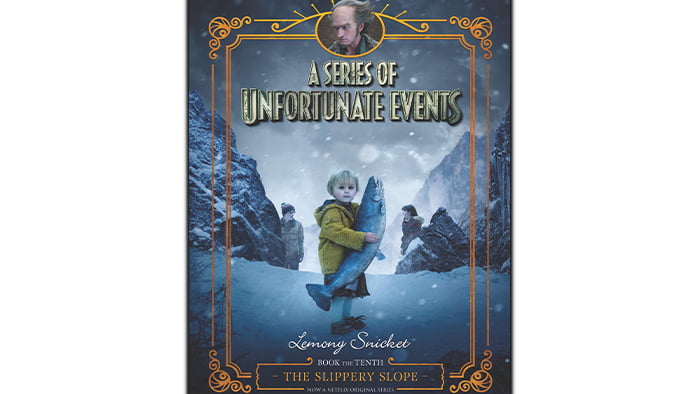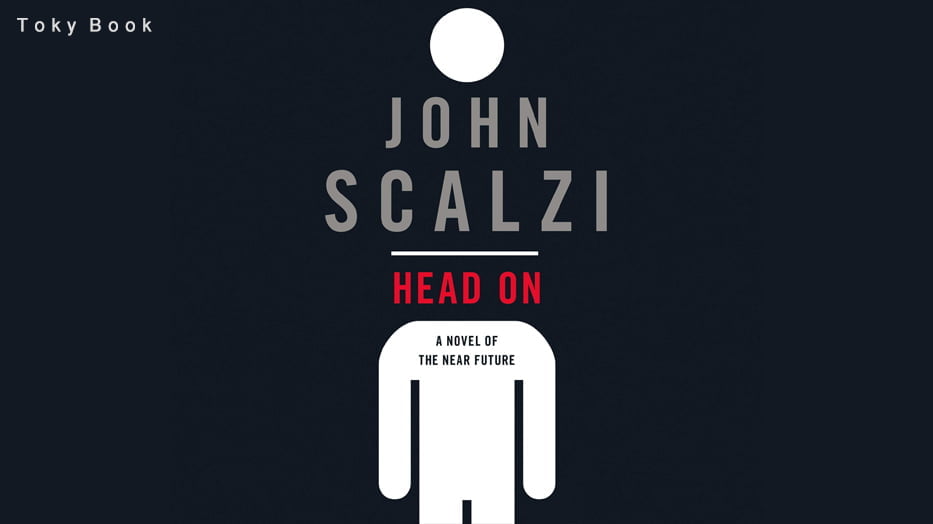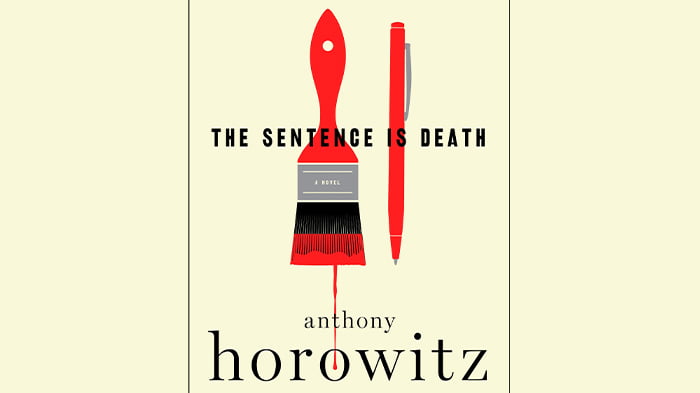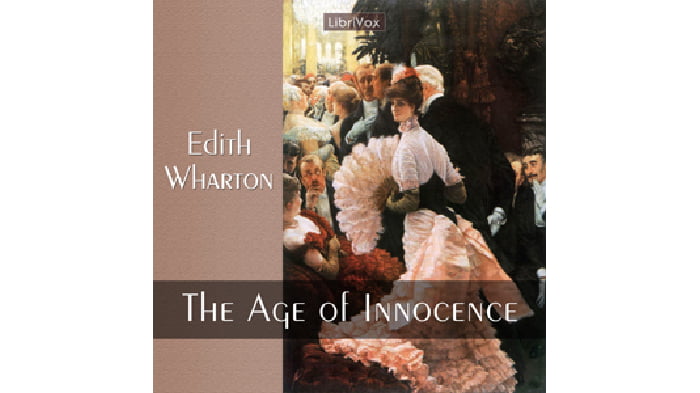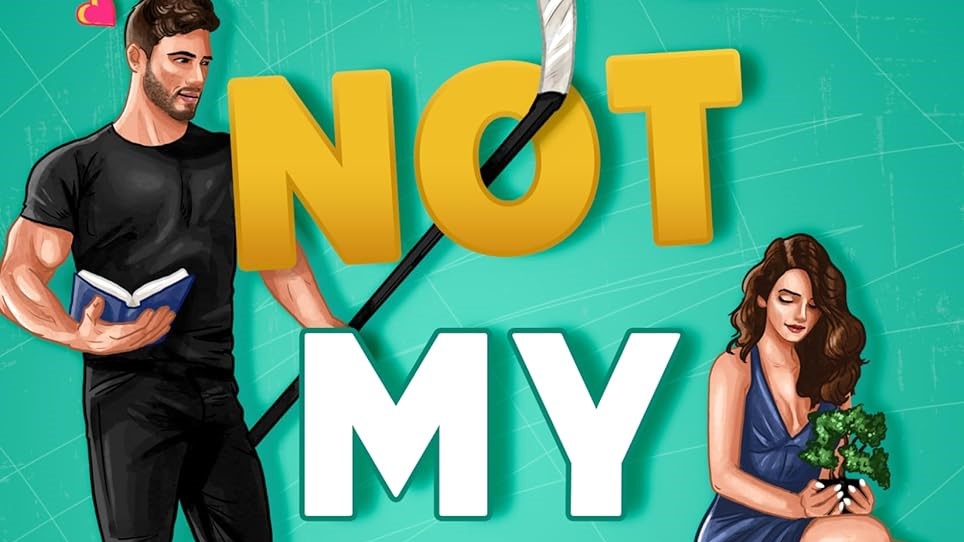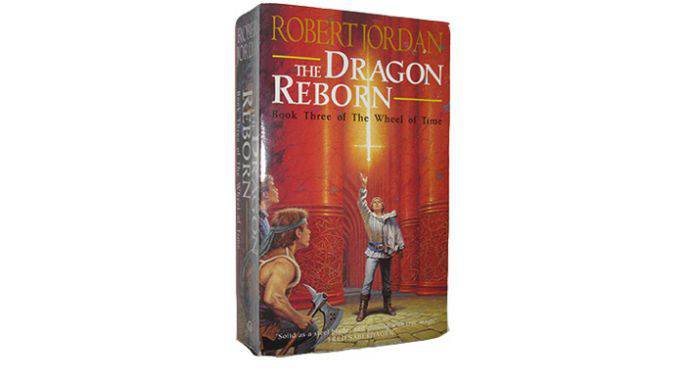The Justice of Kings is an oddly enjoyable tale that for me was a bit of a slow burn. I can honestly say it took me probably somewhere between 100-150 pages into the book before things really took off and I started to enjoy it. Up until that point I was considering DNF’ing the book but I’m glad I didn’t.
As some one who loves the whole “law and order” style of shows I thought this book would peak my interest but I think what thru me off is the story is told from the perspective of “Helena” rather than the main character Sir Konrad Vonvalt.
While I think Richard did a great job with the book over all I feel like the supporting characters were lacking a little bit in development compared to that of Sir Konrad Vonvalt. I hope the follow up novels will give us depth to those characters as I feel like Helena and Bressinger roles were just as important.
The magic system was strange to me but plays into the whole Justice role very well. For my gateway into Grimdark all in all I was very pleased with the book and look forward to the next one in the series.
Here’s a simple test of how much you’re enjoying a book and how much you care about the characters. A character finds themselves in a room they’re not supposed to be in. Suddenly they hear footsteps. They dive under the bed as the room’s occupier enters. Are you rolling your eyes at this cliché development? Or do you share the character’s utter terror? This scene (it’s not a spoiler, grow up) happens at some point in The Justice of Kings, Richard Swan’s frankly offensively good fantasy debut, and I am happy to reveal that I was so tense in that moment that if you had placed a hand on my shoulder I would have broken your wrist out of sheer panic.
There are moments aplenty like this in this epic (or grimdark? A debate for another time) fantasy; there are twists that will have your jaw drop in shock, events that befall characters that will make you emit strange nasal whines of anxiety like an incoherent puppy. But this is also a book that could, and perhaps should, be the subject of a dissertation or two (good luck selling that to your instructor); a meaty treatise on the law, the nature of it, and its faults as well as its necessity. It’s also a neat political analogy for our modern times that could not be more relevant, so much so it practically screams at you. Finally, it’s an astonishing character study of a man whose faults are as obvious as his strengths and what happens when his beliefs begin to crumble round him.
It is all these things and more, and the fact that Swan manages to spin so may plates and have them all land in an unbroken, if terrified pile at the end while it being, may I remind you, his fantasy debut, is an act of sheer arcane sorcery straight from the pages of his own tome.
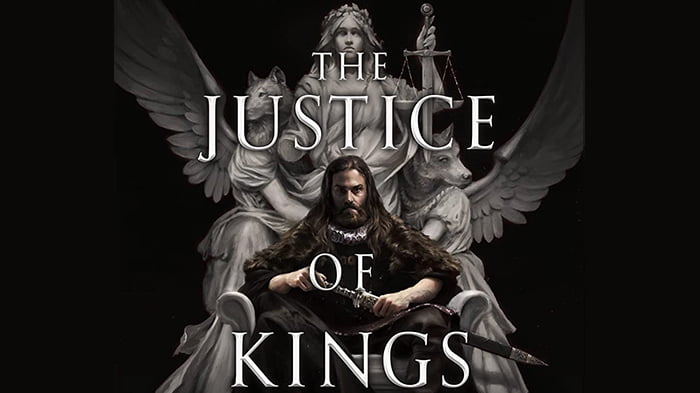
The setting of this imperious tale is The Sovan Empire, or The Empire of the Wolf (a nice nod to Rome’s foundational myth there), a collection of pseudo-Germanic states with satisfyingly Teutonic names such as Jägeland and Denholtz. If you’re in any doubt as to what kind of land we’re in, then at one point a character has a meal of pork, pickled cabbage and spiced cheese sauce. The Sovans swept through these states several decades prior to our story, bringing the kind of order and civilization that can only be achieved after voluminous amounts of bloodshed. Now relative peace has descended; the pagan religion has been replaced by a suspiciously similar mainstream one (no idea where Swan got that idea from) and a surprisingly advanced system of common law ensures that, as proudly displayed on the book jacket, “No man is above the law”.
Ensuring this common law is upheld is the Order of Justices, whose power is seemingly equal to the Emperor itself and who are judge, jury and executioner all in one, very much a Judge Dredd of Westeros. They also possess arcane powers to help them in their pursuit of justice; our main character Sir Konrad Vonvalt can compel a man to speak the truth and… well I’ll let you find out his other power yourself, but it’s not stroking kittens, put it that way. It’s no spoiler to say that both Empire and the Order will find itself tested by the story’s end.
Even before we get to the remarkable character study of Vonvalt, there is so much fun to be hand in chewing on the themes here. As the classic brutal but civilising empire, The Sovans are reminiscent of Rome and, perhaps more so, the British Empire at its Victorian height, given the themes of the common law. In fact, in many ways they are more civilised than the latter; women can be justices and there is suggestion that the laws against rape are fairly advanced. This is a land bathed in red that nonetheless prides itself on the supposed equality the law brings. I found myself really enjoying this interesting sweet spot; in terms of technological development it is situated between the medieval setting of classic fantasy novels and the nascent industrial age of, say, Joe Abercrombie’s Age of Madness series. But in legal terms it is more advanced than both. It also has a fascinating burgeoning system of insurance (which Swan, commercial litigator that he is, takes great relish in explaining for us, not one but twice, making me think he might be sponsored by Aviva).
But just like modern debates about the law, all is not necessarily well. Should one justice have that much power? Swan has fun testing its limits, certainty. There is a growing jury system in the Empire, and Swan intriguingly compares this with the seemingly unlimited powers of the justices. In the same way that it was great to read an expert in Machiavelli come out with a stonking debut on Machiavellian politics last year (E. J. Beaton with The Councillor) so it’s an absolute pleasure to see a lawyer delve into tricky themes of legitimacy, equality and the limits of the law. Then there’s the astute political analogy I referenced earlier. I won’t go to into any of the plot, but suffice to say the Order is not completely in touch with the common people, and all may not be well in its ranks. If you want to see it as a useful analogy to the state of other liberal orders, possibly those who sowed the ground for various authoritarian figures of our current times – well-meaning elites, but increasingly complacent when faced with reality on the ground – then you’ll have much fuel to do so.
But if you care not a jot for such things and you’re in it for the characters, then I’ve got news for you: you’re in for a meaty treat with the impressive yet tragic figure of Sir Konrad Vonvalt; who is what you get when you swap Geralt of Rivia’s bedding of women for long thoughtful treatises on the minutiae of the common law (though to be fair to Sir Konrad, Geralt would be up against it in a sword fight and, when he gets angry, The Hulk himself might not be enough to stop Vonvalt). Swordsman, possessor of arcane magic, mildly boring jurist, essentially good human being but also a man struggling to show emotion and a figure so wedded to his belief in the law that he struggles sometimes to see the wood for the trees. In this book we have a character that will dominate the fantasy landscape for many years to come.
Meanwhile, the narrator of the story – Helena – is a 19 year old girl from humble origins who has been taken under Vonvalt’s wing, his hope (though not necessarily her dream) being that she will one day be a justice like him. She is also a remarkable character – at once terrified, headstrong, wickedly intelligent, prone to acts of teenage stupidity and stubbornness, stupendously brave – and the relationship between them (parental? Or something more?) is poignant and revelatory; the burning heart of this book. Even the secondary characters, though, are vividly drawn figures that will have you rooting for them (always a sign of an author confident in his writing). I was particularly drawn to Vonvalt’s assistant Bressinger, a witty, hard-drinking but likeable character (sort of Vimes from Discworld meets Bronn from Westeros) with a melancholic side to him. Swan cares about these secondary characters too, as you will see when you find out Bressinger’s backstory.
Oh and did I mention this tale is tense and exciting? Not that much even happens in the first half, it revolving around a seemingly self-contained murder mystery that, like all good fantasy mysteries, soon has relevance to the wider story, but every single page is as addictive as a caffeine-injected gummy bear, swapping between engaging worldbuilding (and this really is an object lesson in how to worldbuild without hammering it in your face), heartfelt emotion, intriguing character analysis and fascinating thematic content – sometimes within the same paragraph. And when things crank into gear in the final third, they really crank up, and the slow deliberative style of the first half pays off as your heart practically beats out if its chest in terror at what will befall the characters we have come to care about so much.
All this begs the question of how Swan has done this all while avoiding the usual mistakes of even the most accomplished debuts (pace, hesitant writing, stilted worldbuilding etc.). A brief foray into Swan stalking (much safer than the animal equivalent) tells me that the author has already written several self-published novels, so perhaps that explains the remarkable assuredness of this fantasy debut. But this shouldn’t take away from the sheer achievement of this; this is still his fantasy debut. In fact, it must be up there with one of the most impressive debuts of recent years; a story that succeeds in everything it attempts and that sets up a trilogy that promises to bring the house, and possibly the empire, down. There’s many injustices in this supposedly lawful land, but the greatest one will be if you don’t inhale this book immediately.
 Skip to content
Skip to content
